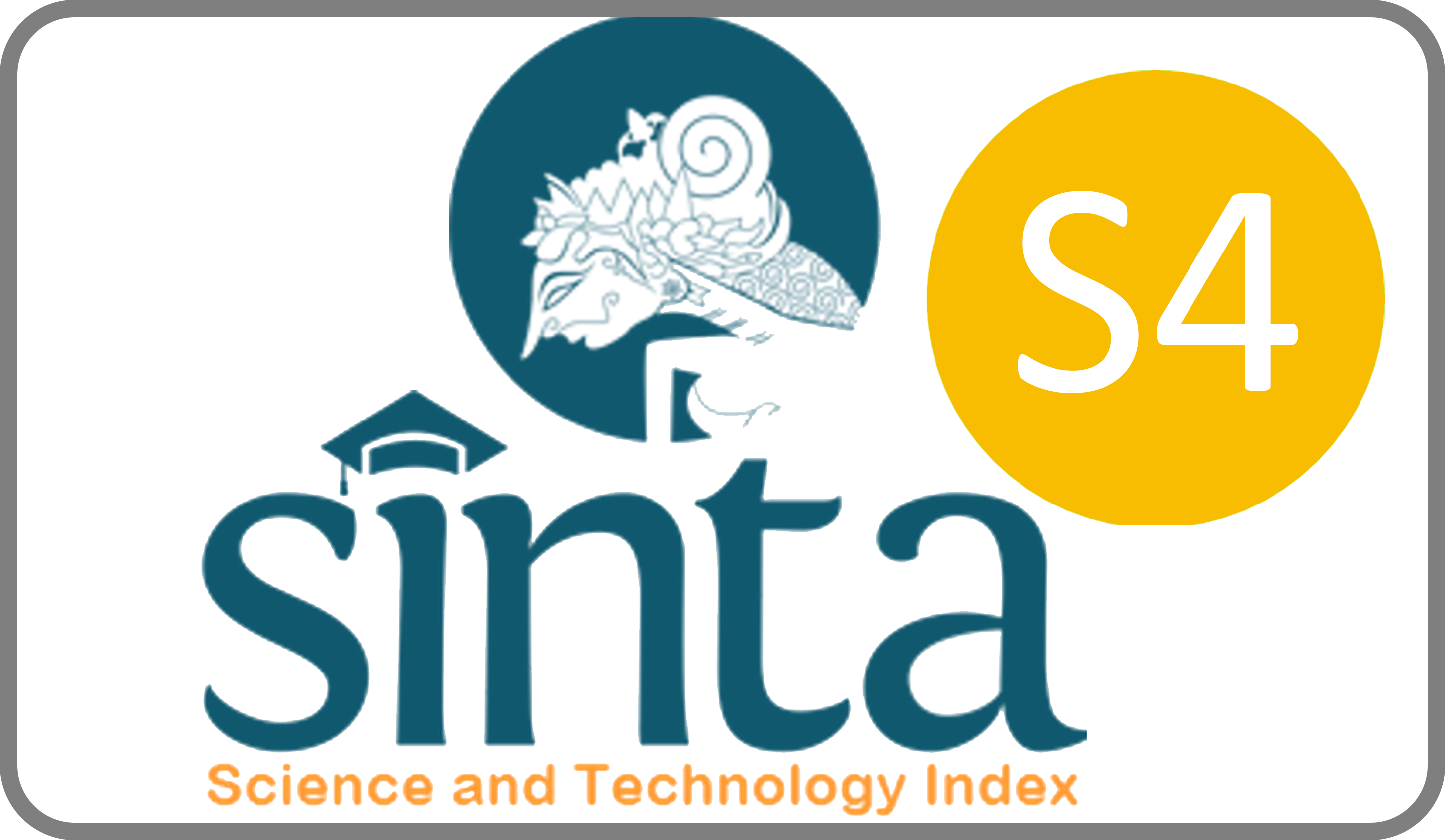INCREASING SMEs BUSINESS VALUE THROUGH SHARIA PEER TO PEER LENDING ACCESSIBILITY EDUCATION
Downloads
Efforts to increase financial inclusion and business development in the community are a synergy effort in strengthening SMEs business actors in Sidoarjo City. The active form of strengthening economic values "‹"‹in the community also takes place in the middle of community organizations, such as the Regional Leader of Aisyiyah Sidoarjo which has the SMEs community under its guidance. These two aspects can provide mutual benefits, where the assisted SMEs in Sidoarjo have problems with financial inclusion and the accessibility of financial technology in developing businesses due to the lack of knowledge of SMEs business actors in terms of using technology because based on the survey results there are still many SMEs who do not know about access to capital through sharia peer to peer lending schemes. This condition of inadequate understanding and ability is the background of the urgency of this program to be implemented. The purpose of this community service program is to increase the capacity of SME entrepreneurs through training in the field of financial inclusion which includes financial technology, especially peer to peer lending sharia. The method chosen in this community service activity will involve training participants to actively think, discuss, and directly practice, by: 1) organizing financial inclusion education, 2) training in financial technology accessibility practices, especially peer to peer lending sharia both from the marketing aspect. and community business financing. The results that can be achieved from this activity are that SMEs business gain more insight regarding financial inclusion and increase their ability to develop businesses through the sharia peer to peer lending platform.
Arner, D. W., Barberis, J., & Buckley, R. P. (2017). RegTech: Building a Better Financial System. In Handbook of Blockchain, Digital Finance, and Inclusion, Volume 1: Cryptocurrency, FinTech, InsurTech, and Regulation (1st ed., Vol. 1). Elsevier Inc. https://doi.org/10.1016/B978-0-12-810441-5.00016-6
Baihaqi, J. (2018). Financial technology peer-to-peer lending berbasis syariah di Indonesia. TAWAZUN: Journal of Sharia Economic Law, 1(2), 116-132.
Firdaus, R., & Hendratmi, A. (2019). Solusi Pembiayaan UMKM dengan Peer to Peer Lending Syariah. Jurnal Ekonomi Syariah Teori Dan Terapan, 6(8), 1660–1673.
Haddad, C., & Hornuf, L. (2019). The emergence of the global fintech market: economic and technological determinants. Small Business Economics, 53(1), 81–105. https://doi.org/10.1007/s11187-018-9991-x
Harp, A. P., Fitri, R., & Mahanani, Y. (2021). Peer-to-Peer Lending Syariah dan Dampaknya terhadap Kinerja serta Kesejahteraan Pelaku Usaha Mikro dan Kecil (UMK) pada Masa Pandemi Covid-19. AL-MUZARA'AH, 9(1), 109-127.
Kholidah, H., Hijriah, H. Y., Mawardi, I., Huda, N., Herianingrum, S., & Alkausar, B. (2022). A Bibliometric mapping of peer-to-peer lending research based on economic and business perspective. Heliyon, 8(11), e11512.
Lova, E. F. (2021). Financial Technology Peer To Peer Lending Syariah: Sebuah Perbandingan Dan Analisis. Journal of Economic and Business Law Review, 1(2), 29-42.
Murifal, B. (2018). Peran Teknologi Finansial Sistem P2l Sebagai Alternatif Sumber Pendanaan UMKM. Perspektif, XVI(2), 202–208.
Muzdalifa, I., Rahma, I. A., & Novalia, B. G. (2018). Peran Fintech Dalam Meningkatkan Keuangan Inklusif Pada UMKM Di Indonesia (Pendekatan Keuangan Syariah). Jurnal Masharif Al-Syariah: Jurnal Ekonomi Dan Perbankan Syariah, 3(1). https://doi.org/10.30651/jms.v3i1.1618
Nugroho, Y., Dwikesumasari, P. R., & Alkausar, B. (2020). Training of Effective Online Marketing and Financial Management During the Pandemic for SMEs in Watudandang Village Nganjuk District. Jurnal Layanan Masyarakat (Journal of Public Services). https://doi.org/10.20473/jlm.v4i2.2020.369-376
Rosavina, M., Rahadi, R. A., Kitri, M. L., Nuraeni, S., & Mayangsari, L. (2019). P2P lending adoption by SMEs in Indonesia. Qualitative Research in Financial Markets, 11(2), 260–279. https://doi.org/10.1108/QRFM-09-2018-0103
Ryu, H. (2017). What makes users willing or hesitant to use Fintech ?: The moderating effect of user type. Industrial Management & Data Systems, 118(3), 541–569.
Tsuroyya, D. M. (2019). Analisis Pelaksanaan Musyarakah Pada Layanan Financial Technology Peer To Peer Lending Syariah Di Indonesia (Studi Pt Syarfi Teknologi Indonesia). Al-Mizan, 3(2), 33–54.
Yunus, U. (2019). A Comparison Peer to Peer Lending Platforms in Singapore and Indonesia. Journal of Physics: Conference Series, 1235, 012008. https://doi.org/10.1088/1742-6596/1235/1/012008
Zavolokina L., Dolata, M. and Schwabe, G. 2016. Fintech-What's in a name?. Proceeding in International Conference on Information System, Dublin, pp. 1-19. https://www.ojk.go.id/id/regulasi/otoritas-jasa-keuangan/peraturan-ojk/Pages/POJK-Nomor-77-POJK.01-2016.aspx
Copyright (c) 2023 Hanifiyah Yuliatul Hijriyah, Prinintha Nanda Soemarsono, Himmatul Kholidah, Bani Alkausar

This work is licensed under a Creative Commons Attribution-ShareAlike 4.0 International License.
JLM by Unair is licensed under a Creative Commons Attribution-ShareAlike 4.0 International License.
1. The journal allows the author to hold the copyright of the article without restrictions.
2. The journal allows the author(s) to retain publishing rights without restrictions
3. The legal formal aspect of journal publication accessibility refers to Creative Commons Attribution Share-Alike (CC BY-SA).
4. The Creative Commons Attribution Share-Alike (CC BY-SA) license allows re-distribution and re-use of a licensed work on the conditions that the creator is appropriately credited and that any derivative work is made available under "the same, similar or a compatible license”. Other than the conditions mentioned above, the editorial board is not responsible for copyright violation.


















